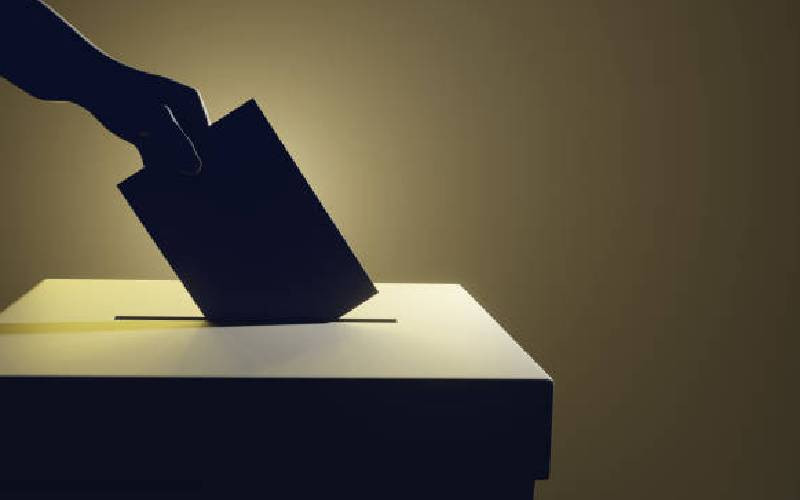×
The Standard e-Paper
Smart Minds Choose Us

With keen interest, I learned of the impending opening of the servers to determine the true winner of the 2022 presidential vote.
The decision by the National Dialogue Committee to unveil the servers appears to be motivated by the necessity to ascertain the authentic winner, leaving no room for any other logical explanation. In simpler terms, the certainty of the 2022 presidential election outcome remains uncertain.